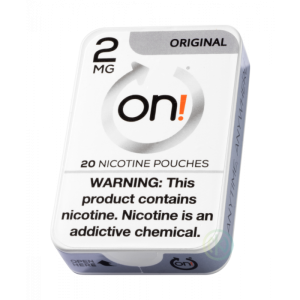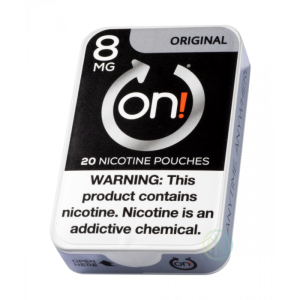Brands such as Zyn are attracting followers—we explored the connected health hazards and the possibility of pouches assisting in smoking cessation.
For an extended period, legislators in the United States have been embroiled in a dispute over Zyn, a favored brand of nicotine pouches.
During a press gathering in late January, Chuck Schumer, the leader of the Senate majority, issued a caution regarding the potential for young individuals to become addicted to these pouches. He also appealed to the Food and Drug Administration (FDA) and the Federal Trade Commission (FTC) to scrutinize the health repercussions and promotional approaches of these products.
Schumer’s comments provoked a strong reaction among Republicans. “Big Brother Schumer disapproves of chewing or smoking. Now he opposes an alternative that has aided many in quitting,” posted the New York representative Richard Hudson on Twitter, accompanied by an image of himself in full camouflage, showcasing a tin of Zyn.
As reported by the Centers for Disease Control and Prevention (CDC), in 2021, 2.1% of adults admitted to currently using smokeless tobacco products. In 2023, the agency revealed that 1.5% of high school students had used smokeless tobacco within the preceding 30 days.
Although these figures are not high, the appeal of nicotine pouches has been on the rise. Sales of Zyn in the US surged by 58.8% between 2019 and 2022, as per one report, and then escalated by an additional 66% in the third quarter of 2023.
“There is no definitive evidence to determine the exact level of risk these products pose compared to cigarettes,” explains Dr. Benjamin Chaffee, a professor at the University of California, San Francisco (UCSF) School of Dentistry and the UCSF Center for Tobacco Control Research and Education. He further notes that since nicotine pouches do not involve combustion or the inhalation of smoke, unlike cigarettes, “it is reasonable to anticipate that these products would be less harmful than smoking cigarettes.”
However, Chaffee cautions that there is no solid proof that these nicotine products facilitate the cessation of smoking traditional cigarettes. In fact, they might complicate the process of quitting nicotine.
“Many individuals who smoke cigarettes and attempt to use, for instance, an e-cigarette or another form of nicotine product, often end up using both and continuing to be reliant on nicotine,” he states. “Therefore, it does not necessarily diminish the consumption of conventional cigarettes.”



